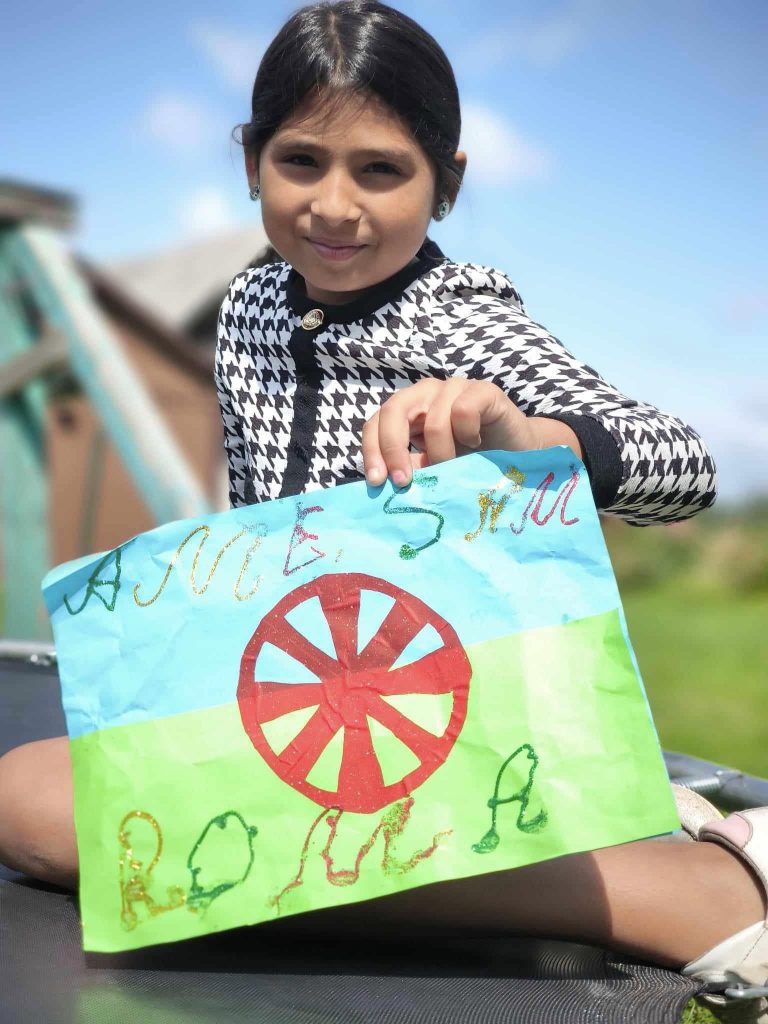
The Department of National Minorities under the Government of the Republic of Lithuania has completed the sixth phase of the European Commission-funded project “Lithuanina Platform – going local.” The project was implemented during the period of 2023–2025 and included activities aimed at strengthening Roma inclusion, fostering dialogue with municipalities, and promoting Roma culture.
One of the most important components of the project was the work of Roma mediators in five regions of Lithuania. The mediators provided individual, continuous support to members of the Roma community—assisting with document processing, applying for social services, accompanying them to public and private institutions, and encouraging school attendance among children. Each mediator worked 80 hours per month and supported 20 to 30 individuals.
The project also involved lawyer Eglė Latauskienė, whose efforts led to the first criminal case in Lithuania won on the grounds of Roma discrimination—a significant precedent demonstrating growing legal attention to human rights protection.
Cooperation with municipalities was strengthened through meetings and discussions held in six cities. These events addressed issues faced by Roma communities, access to services, education-related matters, and the need to ensure sustainable communication between institutions and communities.
Empowerment of the Roma was promoted through mutual support group activities, various seminars, women’s engagement initiatives, and youth educational activities. In 2024, a music studio was established at the House of National Communities, becoming a creative space for Roma youth—fostering music creation, self-expression, and identity development.
Roma culture was promoted through public events and publications: International Roma Day celebrations were held in Vilnius and Kybartai, documentary photography exhibitions were presented, public discussions and trainings took place, and the book “Roma – Different, but Not Strangers” was published.
The project also included two international study visits to Slovakia and Slovenia, where participants learned about Roma integration practices in other EU countries.
The total value of the project was nearly 200,000 euros. The project was funded by the European Union.